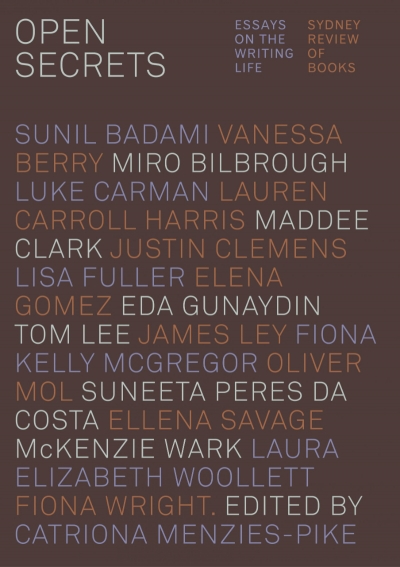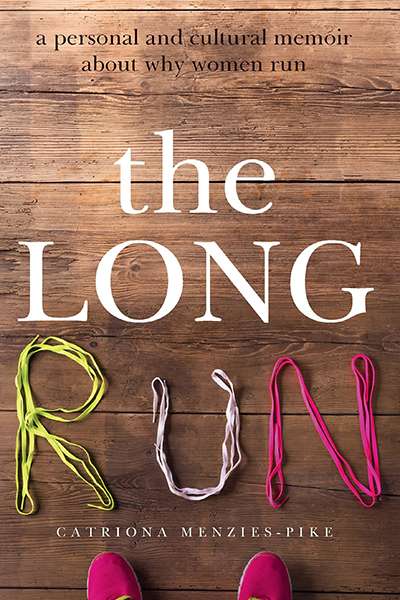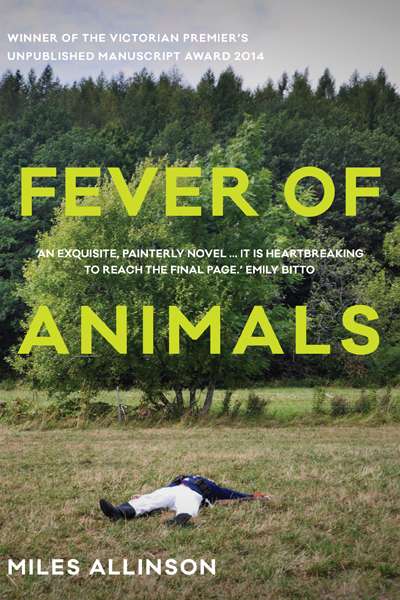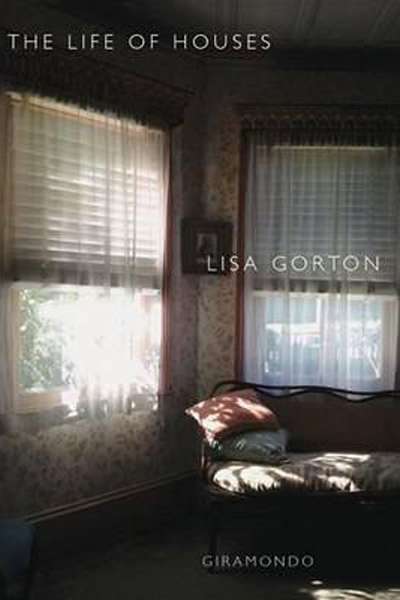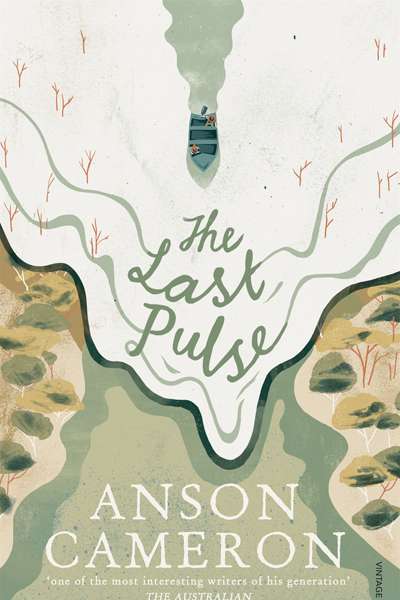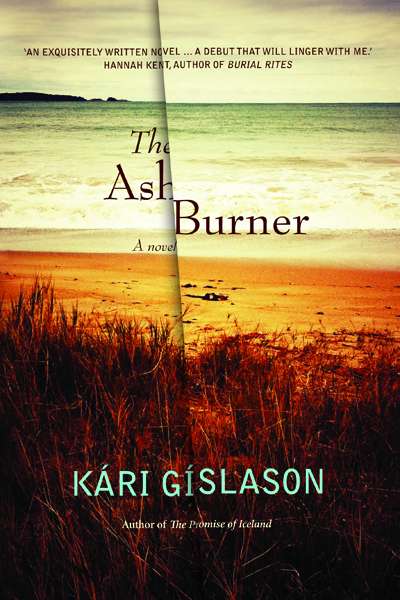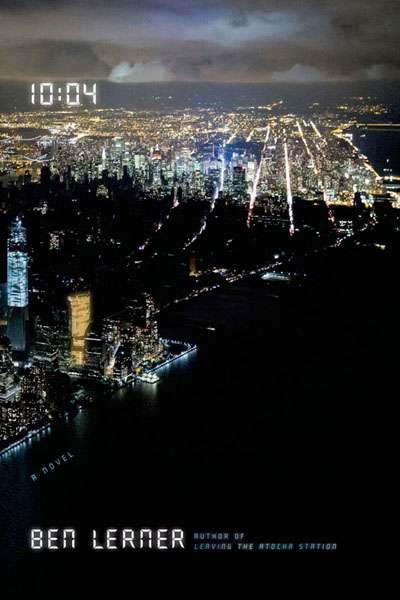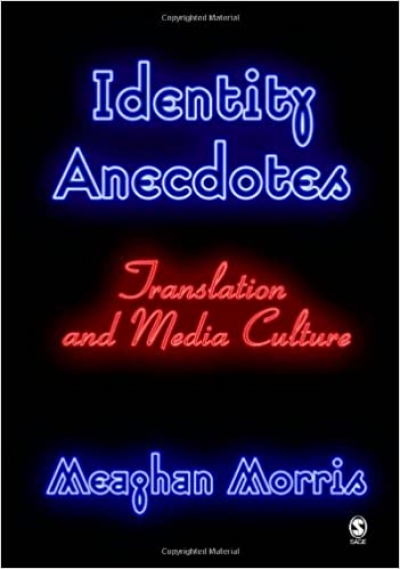Catriona MenziesPike
Open Secrets: Essays on the writing life edited by Catriona Menzies-Pike
Five poems have been shortlisted in the 2016 Peter Porter Poetry Prize. The poets are Dan Disney, Anne Elvey, Amanda Joy, Lisa Gluskin Stonestreet, and Campbell Thomson; their poems can be read here. The judges on this occasion were Luke Davies, Lisa Gorton, and Kate Middleton.
Join us at our studio in Boyd Community Hub on Wednesday, 9 March (6 pm), when the poets will introduce and read their works, followed by the announcement of the overall winner, who will receive $5,000 and an Arthur Boyd print. This is a free event, but reservations are essential.
These ceremonies always commence with a series of readings of poems written by Peter Porter (1929–2010). This year our readers – Judith Bishop (winner in 2006 and 2011), Morag Fraser, Lisa Gorton, and Peter Rose among them – may choose to dip into the new collection of late Porter poems: Chorale at the Crossing (Picador, $24.99 pb).
... (read more)
